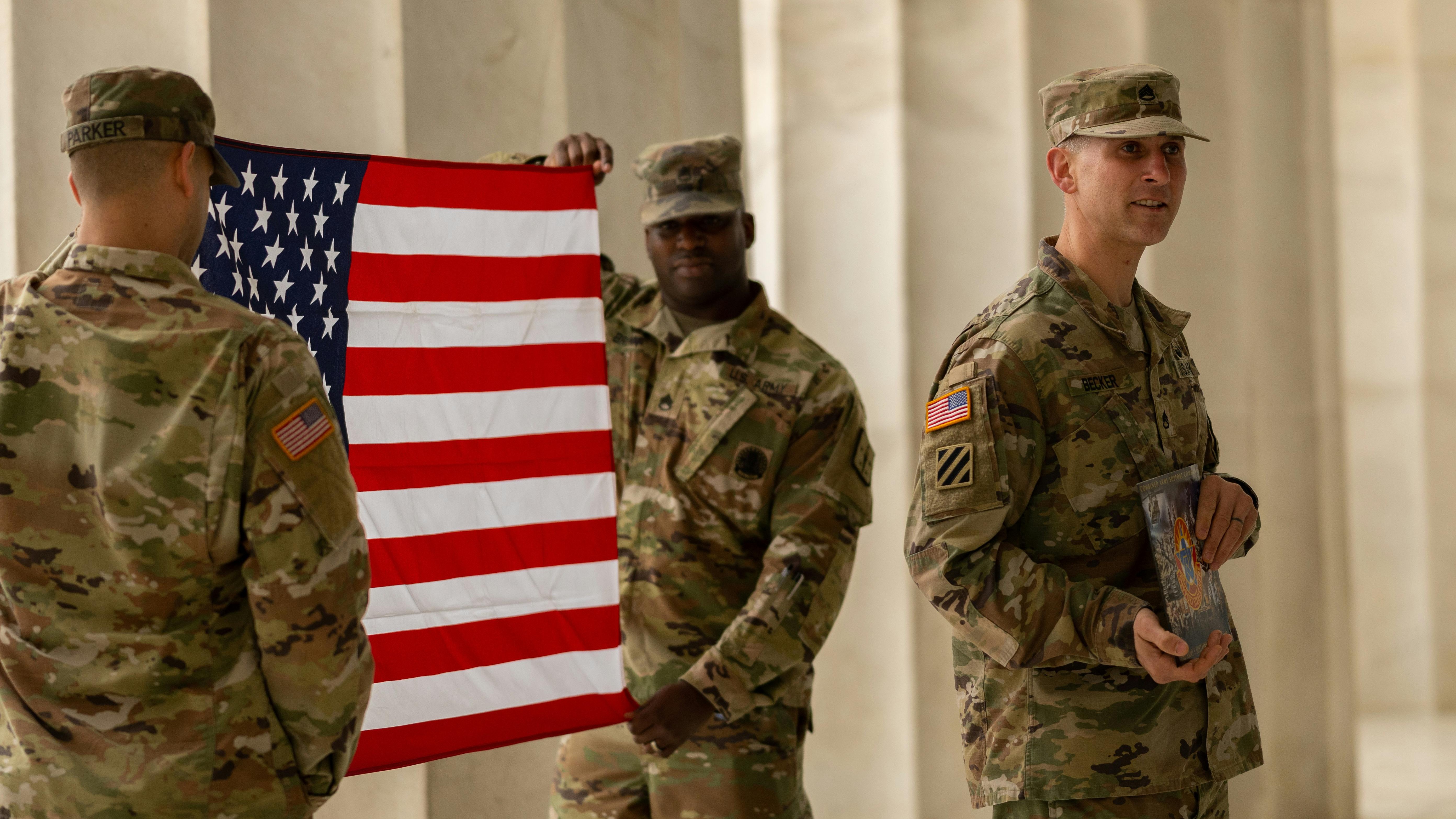
The Hidden Contracts of Life: Embracing Our Roles
Each of us wears multiple hats throughout our lives: we are parents, leaders, mentors, and professionals. Along with these roles come unspoken contracts—expectations and behaviors that serve as the backbone of our responsibilities. Just like an actor preparing for a stage performance, we must diligently study these roles to grasp what is expected of us and how to navigate our relationships effectively.
Rising to the Occasion: The Leadership Factor
Leadership is not merely about having a title; it’s about embodying the essence of the role. Whether in a corporate boardroom or a military unit, a leader must act in accordance with their responsibilities. For example, as a military leader, decisions can have life-or-death consequences. This gravity requires not just strategic thought but also the courage and valor to guide those under one’s command. Military service teaches the principles of accountability and integrity, essential for any leader, whether leading a team of soldiers or managing a business operation.
Costumes and Signals: The Armor We Carry
Every role has its costume. This 'costume' can refer to the physical attire we don or the behavior adaptations we make. A chef in a white jacket signals readiness to serve; a commander in uniform embodies authority and command. For many military leaders, changing out of uniform after a duty day serves as an emotional shift, allowing them to embrace their personal roles with family or friends. This transition is a reminder to not only perform but to live authentically, carrying the lessons learned from one's role into everyday life.
The Importance of Awareness in Assumed Roles
Reflecting upon our roles can lead to profound insights about our behavior. When we take on the role of 'parent,' we consciously adjust ourselves to be more nurturing and supportive. Meanwhile, in a professional capacity, we might adopt a stance of decisiveness and authority. Awareness of these behavioral shifts is crucial because it helps us influence those around us positively. Understanding the expectations that others have of us—whether at home or work—enhances our interpersonal relationships and builds respect.
Lessons from Valor: Applying Military Experience to Life’s Narrative
In the military, acts of valor are paramount. Soldiers in combat situations rely on core principles learned over years of training. As business leaders or community members, those same principles of courage, teamwork, and taking responsibility can shape our interactions. Honors given to military heroes reflect the values of loyalty and selflessness, qualities that can empower anyone, regardless of their profession, to rise and meet challenges with integrity.
Reinforcing Our Roles: A Call to Lead with Intention
As individuals tasked with multiple roles, it is essential to reflect on how we can lead with sincerity and purpose. Each role demands authenticity, from demonstrating compassion in personal relationships to exuding confidence in leadership contexts. This alignment between our internal values and external behaviors not only fulfills the expectations placed upon us but also enriches the lives of those around us.
As we embrace the complexity of our roles, let us carry forward the lessons of service, valor, and resilience. Such qualities are not merely discarded after duty hours but should inform our engagement with every aspect of our lives. Whether you cherish a military background or seek to elevate your leadership capacity, remember the narrative of your life is shaped by the roles you assiduously embody.
To further explore how military leadership principles can enhance civilian careers and how to transition successfully, engage with programs that honor veteran experiences.
 Add Row
Add Row  Add
Add 




Write A Comment